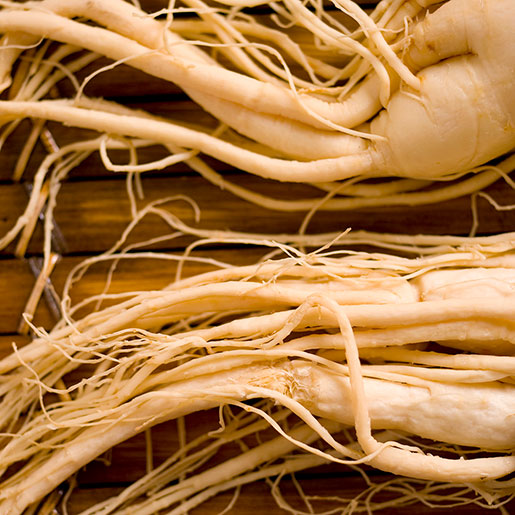Introduction

Ginseng is a well-known herbal remedy that has been used in traditional medicine for centuries. It is derived from the root of plants in the Panax genus and is highly regarded for its numerous health benefits. Ginseng is primarily categorized into two main types: Asian ginseng (Panax ginseng), native to China and Korea, and American ginseng (Panax quinquefolius), found in North America. Both types share similar properties but may have distinct effects on the body.
Forms of Ginseng
Ginseng is available in various forms, allowing users to choose one that suits their preferences and needs. Some common forms include:
- Raw Root: The dried or fresh root can be sliced or brewed into tea.
- Powder: Ground ginseng root is often sold in powdered form for easy mixing into drinks or food.
- Capsules and Tablets: These are popular for their convenience and precise dosage.
- Teas: Pre-packaged ginseng tea bags are widely available and offer a soothing way to consume the herb.
- Extracts: Concentrated liquid extracts of ginseng are potent and can be added to beverages or consumed directly.
- Topical Products: Ginseng is also used in skincare products like creams and serums due to its rejuvenating properties.
Benefits of Ginseng

Ginseng is celebrated for its diverse health benefits, including:
- Boosts Energy Levels: Ginseng helps combat fatigue and enhances physical and mental performance, making it a popular choice for athletes and busy professionals.
- Enhances Cognitive Function: Studies suggest that ginseng improves memory, concentration, and overall brain function, potentially reducing the risk of neurodegenerative diseases.
- Supports Immune Health: Ginseng is known to strengthen the immune system, helping the body fight off infections and diseases.
- Reduces Stress: Its adaptogenic properties help the body manage stress and restore balance.
- Improves Sexual Health: Ginseng is often used as a natural remedy to enhance libido and treat erectile dysfunction.
- Lowers Blood Sugar Levels: It may aid in managing blood sugar levels, making it beneficial for individuals with diabetes.
- Anti-Inflammatory Effects: Ginseng contains ginsenosides, compounds that exhibit anti-inflammatory properties and may help alleviate chronic conditions.
- Supports Heart Health: Some studies indicate that ginseng can improve blood circulation and reduce the risk of cardiovascular diseases.
Side Effects of Ginseng
While ginseng is generally considered safe, excessive or prolonged use may cause certain side effects, such as:

- Insomnia: Due to its stimulating properties, ginseng may disrupt sleep if taken late in the day.
- Headaches and Dizziness: Some individuals may experience mild headaches or dizziness.
- Digestive Issues: Ginseng can occasionally cause nausea, diarrhea, or stomach discomfort.
- Allergic Reactions: Rarely, people may experience an allergic response, including skin rashes or difficulty breathing.
- Interactions with Medications: Ginseng may interact with medications such as blood thinners, insulin, or antidepressants, potentially causing adverse effects.
This Article is for Basic Information. Contact a professional doctor before using it.
HAKEEM KARAMAT ULLAH
+923090560000




